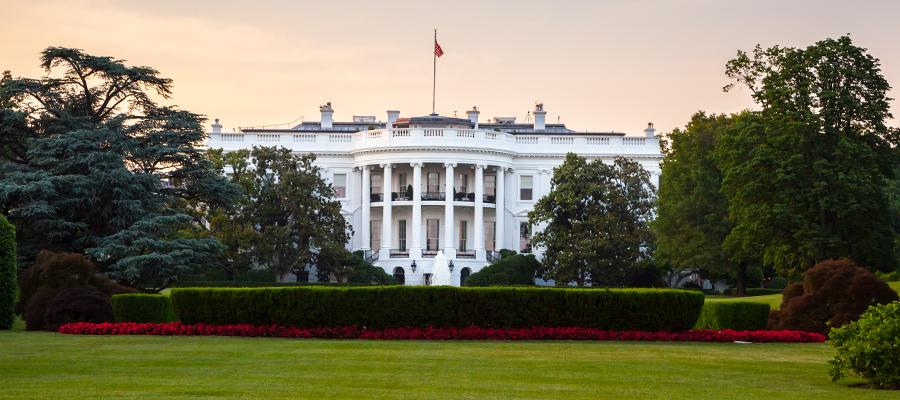White House announces changes to H-1B visa program

President Trump Sept. 19 signed a proclamation increasing the fee to $100,000 for new H-1B petitions filed by employers, as well as implementing other restrictions on entry of certain nonimmigrant workers. The restrictions began on Sept. 21 and expire, absent extension, after 12 months.
The proclamation authorizes the Department of Homeland Security and the Department of State to coordinate to take all necessary and appropriate action to implement the policies in the proclamation.
According to an FAQ issued by the U.S. Citizenship and Immigration Services, the proclamation does not apply to any previously issued H-1B visas or any petitions submitted prior to Sept. 21. It also does not change any payments or fees required to be submitted in connection with any H-1B renewals.
The proclamation said that the application fees can be waived if the Secretary of Homeland Security determines the hiring of these workers on an individual basis, or to work for a specific company or industry, is in the national interest. It is currently unclear if health care workers could qualify for the exemption process.
The AHA is continuing to monitor the situation and will provide additional information to members.
In a statement shared today with the media, the AHA said, “One of the short-term strategies used by U.S. hospitals to address personnel shortages is the use of foreign-trained health care workers. While we work to educate more health care staff, the H-1B visa program plays a critical role in allowing the hospital field to recruit highly skilled physicians and other health care professionals to ensure access to care for communities and patients, including in rural and other areas where there are well-documented shortages of health care workers. The AHA is reviewing the recent memo from the Department of Homeland Security and evaluating the potential impact of these policy changes on hospitals and the communities they serve. We will also work with the Administration to stress the importance of including health care personnel in potential exemptions to these changes.”

